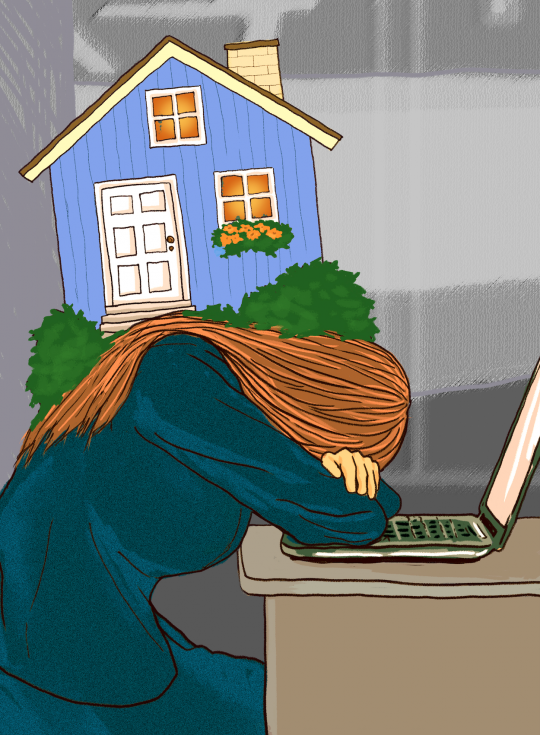Are we equals, 007?

“We’re equals, aren’t we, 007?”, Judi Dench asked Daniel Craig ten years ago in an equality spot. “It is 2011, and a man is still more likely to earn more money than a woman, even one doing the same job. You have a far better chance of entering political office or becoming a company director. As a man, you’re less likely to be judged for promiscuous behaviour. I wonder if you’ve ever considered what it might be like to be a woman?”
In this spot, 007 wears a wig, dress, makeup, and high heels. It is not only his appearance that changes.
“The world has changed, but the numbers remained stacked against us”, explains M. “Are we equals? Until the answer is yes, we must never stop asking.”
The year is 2021. The answer is still no. No, we are not equal. Women still earn less than men doing the same jobs. These proportions differ in different countries, in some it is 5%, in others as much as 35%. At the “Wysokie Obcasy” meeting in Kielce, Joanna Mucha, a politician, once asked: “Do you know what to cut off from a man to make him look like a woman? A dozen or so percent of salary”. A crude, sad joke. It is true that the European Statistical Office calculated two years ago that the wage gap in Poland is 7.2 percent and the situation has improved a little (Romania has the smallest gap – 3.5%; Luxembourg and Italy – 5% each, and Belgium – 6%), but according to experts, this low value is simply related to the low level of wages in Poland.
The reality, however, is cruel: according to the Global Gender Gap Report, women in our part of Europe will have equal legal, social and economic status in 2128. In 2128! During these 107 years, they will continue to carry more weight than men. They will continuously try to break the glass ceiling, they will constantly experience tokenism (it involves giving women power in areas that, although associated with responsibility, do not have much impact on the company’s business strategy), they will still have to break away from the sticky floor in order to break through (you come to a certain place and no matter how brilliant you are, you can’t go any higher).
During these 107 years, we will be convinced that women are the best in the role of caregivers, that it is their natural calling to look after children, parents, parents-in-law, pets at home. That it is nothing but “feminine virtues”. Over these 107 years, feminised professions will continue to be paid less (how much are preschool teachers paid? Usually too little, and it is mainly women who work in this profession). Women will still be relegated to the so-called velvet ghetto.
There already are some concepts that illustrate discrimination in the labour market. These are a glass cliff (promotion of a woman to the so-called male position at a time when the situation in the company is extremely difficult and unstable, and the project for which the woman will be responsible bears the risk of failure), pink collars (low-paid professions performed by women, the opposite of white collars), glass escalators (a situation in which a man performing a feminised profession, stereotypically perceived as “female”, earns more than his female colleagues). Marta Piątkowska, a journalist and an expert in the subject of the labour market, perfectly described these phenomena for “Wysokie Obcasy”.
Today is the International Equal Pay Day, but we have nothing to celebrate. The wage gap existed, exists, and will continue to exist for a long time to come. And some men believe that media reports about earnings of men and women are fake news. In 2019, Time published a study on this topic: 46 percent of American men say the pay gap is “an imaginary problem designed to serve a political purpose”. Mothers remain at a disadvantage in the labour market. It is assumed that the mother will not be available, that she will not want to stay overtime (and rightly so!). And she may even come up with an idea to ask for a raise! Unfortunately, women ask for a raise reluctantly. They are afraid. An internal study conducted at Hewlett-Packard showed that women only applied for a promotion in a situation where they assessed their competences, skills and experience at 100 percent. Men – at 60 percent. And they usually give a larger sum in such conversations. Women don’t want to overshoot the mark.
How to fight the wage gap? With the help of regulations. In Iceland, lower wages for women have been a crime since 2018. Before the law was changed, Icelandic women earned an average of 16 percent less than Icelandic men.
Why should we earn less even though we are just as competent? Why should our work be valued differently because we are mothers? Why does a man’s remuneration increase by an average of 6 percent with each child? Why should a male colleague in the same position receive a higher salary? Is it just because he is a man? Why are we not equal? Until these questions are answered satisfactorily, we must never stop asking, Bond.

